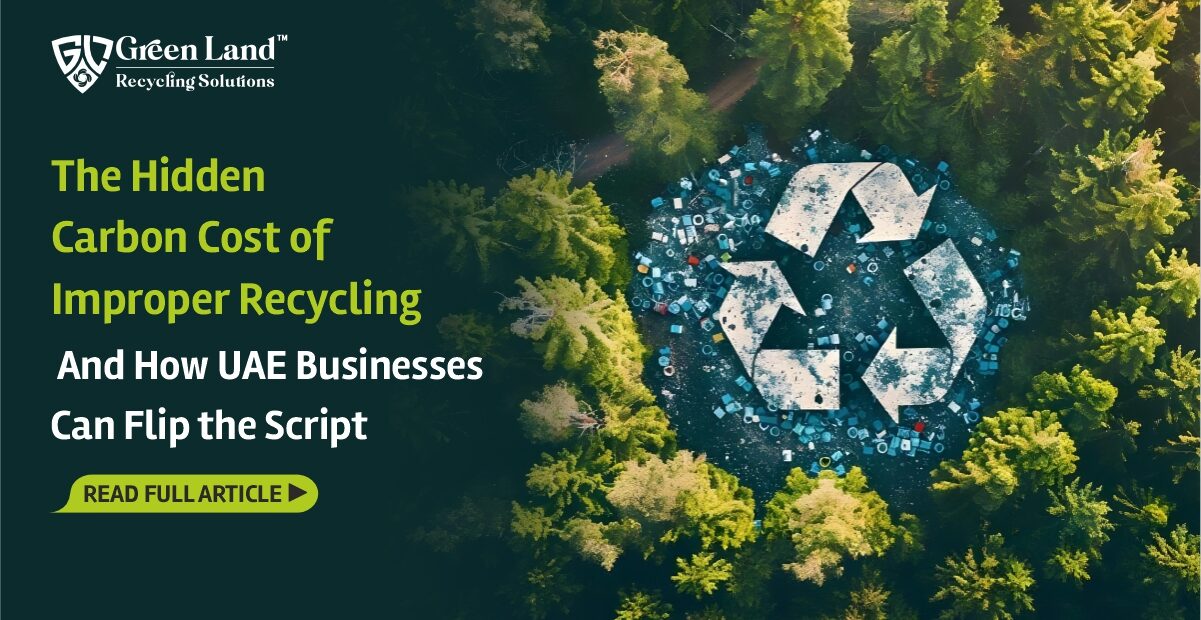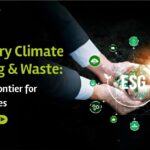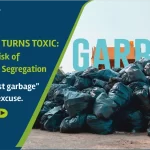
When companies talk about carbon emissions, the focus is usually on fuel, electricity, and logistics. But there’s a quiet contributor few are tracking: waste—and more specifically, how it’s disposed of.
Every time your packaging goes to landfill instead of a recycler, every time e-waste is shipped offshore without traceability, every time organic waste decomposes anaerobically…
You’re adding to your company’s carbon footprint—and it often goes unaccounted.
Let’s break it down.
Landfills: The Carbon Source No One Sees
Landfills don’t just “store” waste. They generate methane, a greenhouse gas 84 times more potent than CO₂ over a 20-year period. Organic waste—like food, promotional items, textiles, and paper—breaks down slowly and emits harmful gases when trapped without oxygen.
Batteries and electronics add toxic pollutants, and improper disposal of plastic adds microplastics into the environment, damaging ecosystems and supply chains.
And when waste is shipped across borders for low-cost dumping? Add freight emissions to that list.
How Green Land Recycling Helps You Flip the Script
At Green Land Recycling Solutions, we enable UAE businesses to cut carbon not just by reducing waste—but by recycling it locally, responsibly, and traceably. Here’s how:
- E-waste and ITAD: Prevents hazardous landfill waste and enables metal recovery with low emissions
- Food and organic waste: Diverted into compost (Green Cycle) instead of methane-producing landfill
- Packaging and plastics: Processed locally into flakes, reducing the need for virgin plastic
- Batteries and tobacco waste: Safely neutralized with certified carbon-reduction impact
- Textiles and uniforms: Recycled or repurposed, extending material life and offsetting production emissions
Every certificate we issue isn’t just a document—it’s a data point for your ESG and carbon reports.
Final Thought: Carbon Reduction Starts With Waste Rethinking
If your company is investing in solar panels or LED retrofits, great.
But don’t forget: your bins speak volumes too. And they might be quietly working against your sustainability goals.It’s time to treat waste as a carbon opportunity, not just a cleanup task.
Partner with Green Land Recycling—and let’s flip the script, one recovered kilogram at a time.


